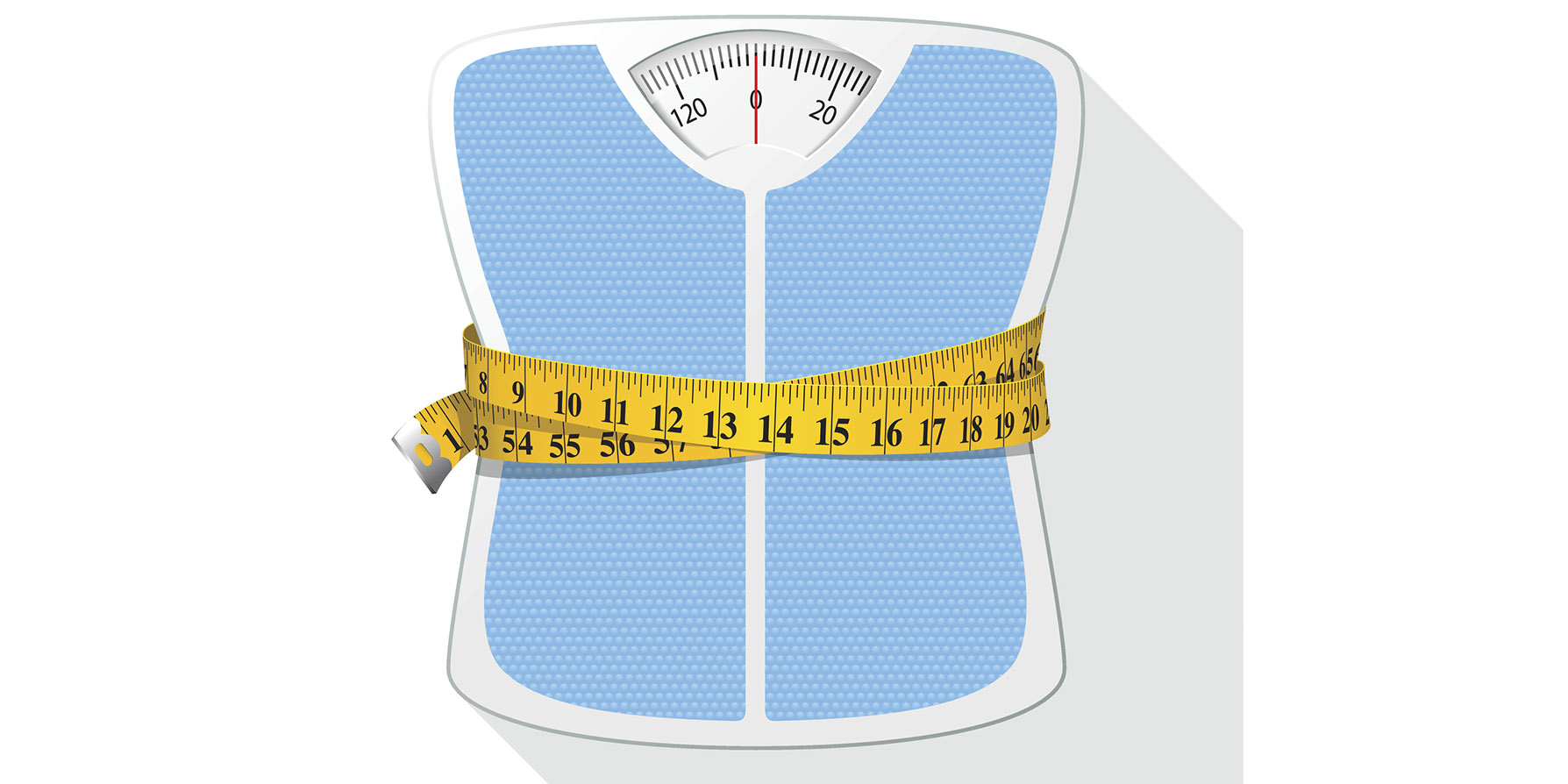A study has failed to detect any association between bariatric surgery and the later development of RA
Despite the relationship between obesity and rheumatoid arthritis, a study has failed to detect any association between bariatric surgery and the later development of RA.
A Swedish, Finnish and German team led by Dr Cristina Maglio of Gothenburg University in Sweden has previously used data from the longitudinal Swedish Obese Subjects project to show a reduced risk of gout and psoriasis after bariatric surgery.
But the same dataset, with more than 4,000 patients across the surgery and non-surgery arms and around 30 years of follow-up, did not reveal any reduction in the risk of developing RA in patients who had bariatric surgery. The only predictors of RA were smoking and higher serum CRP levels at baseline.
Dr Jeffrey Sparks, an assistant professor in rheumatology, immunology and allergy at Harvard University’s Brigham and Women’s Hospital, who was not involved in the study, told Rheumatology Republic the results were “certainly thought-provoking”.
“The authors’ hypothesis was that weight loss would be associated with reduced risk of RA,” said Dr Sparks, who has published observational studies showing reduced disease activity in RA patients after bariatric surgery and an increased RA risk for obese women.
“As far as previous studies looking at metabolic factors – BMI, diet, physical activity – those have all shown a consistent story of increased risk for RA. So yes, I do think it’s a bit surprising that they didn’t find it. Maybe there truly is no association, maybe those studies were spurious or confounded.
“I don’t know if it’s completely definitive, but certainly it makes you pause to re-evaluate the prior literature.”
The authors point out among the study’s limitations that the patients were not randomised and the non-surgery subjects started with a lower risk profile, so any effect might have been harder to detect. They also note that some of the patients remained obese even after significant weight loss, and that maybe even greater weight loss was required for a protective effect.
They suggest that either long-term obesity might trigger asymptomatic pre-clinical RA that the surgery could not reverse, or that obesity in fact had only a marginal role in the pathogenesis of RA.
The study stratified the patients by sex, but did not find any difference in risk between men and women.
“There’s certainly many reasons to explain why there was no association, but we do have to keep in mind that maybe there truly is no association,” Dr Sparks said.
“From our studies we’ve found that the association between BMI and RA is a bit more heterogeneous than other diseases – it consistently raises risk for pre-menopausal women, but there’s a lot less consensus about men and older people.
“Maybe there’s a subgroup where weight loss is important for RA prevention.”
Negative effects from the surgery itself could not be ruled out.
“Perhaps some of the gut that was taken out was important as a homeostatic factor,” Dr Sparks said. “These surgeries were performed I believe in the mid-90s and surgical techniques have improved.”
It was also possible the radical nutritional changes after surgery could have a negative effect on RA risk that cancels out the benefits.
“Also, people who get bariatric surgery have often been obese for a while and perhaps there’s a threshold for duration of obesity that these people have passed. The risk may not be modifiable at that point where you’ve had a BMI of 40 for 20 years.”
In any case, he said, this study suggested that RA prevention would not be a legitimate addition to the list of indications for bariatric surgery.


